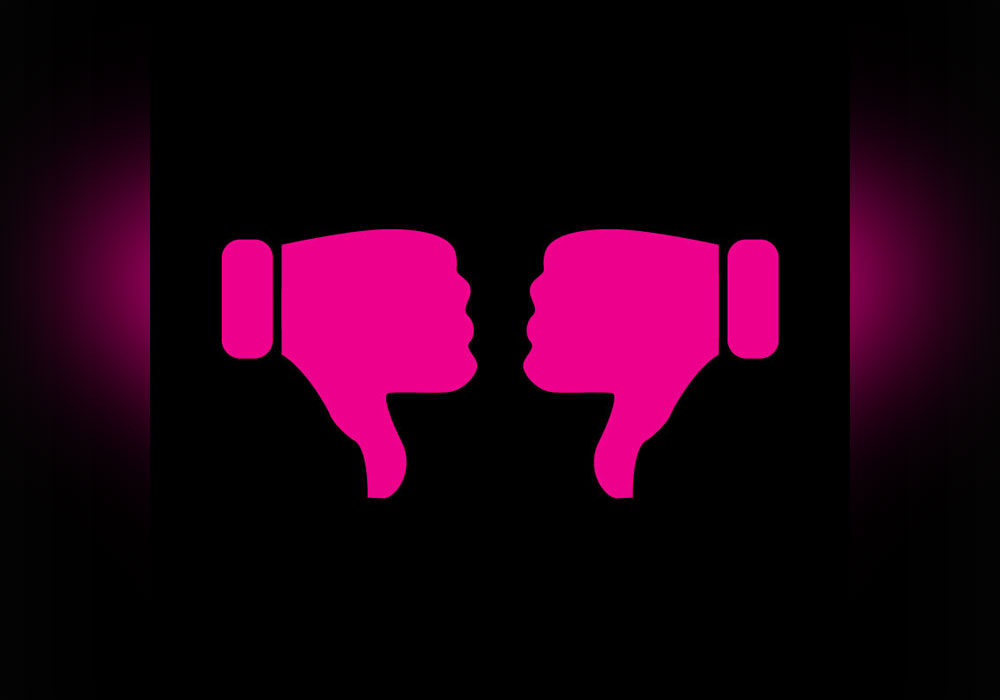Paramount vs. Tantamount
Turns out, paramount doesn’t have that much to do with mountains. It does, however, describe something that’s of highest importance. Tantamount, on the other hand, refers to something that’s equal to something else. While the two words sound similar, that’s really all they have in common. Paramount Paramount is an adjective meaning “of utmost importance.” It can also describe someone with the highest level of …











